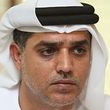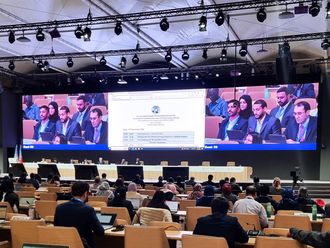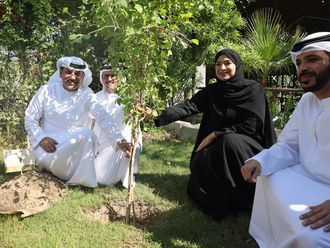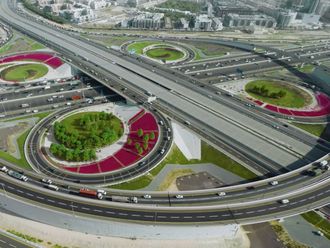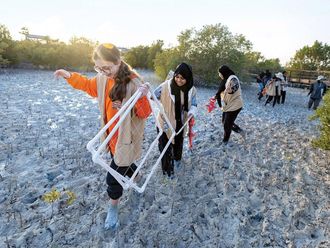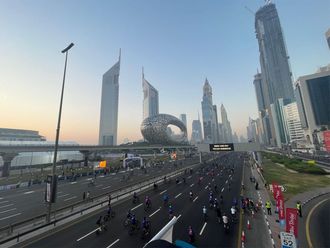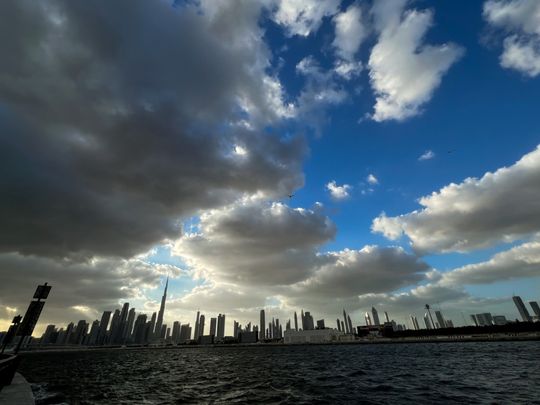
Abu Dhabi: The National Center of Meteorology (NCM) has announced that the implementation of the research projects, that received the fourth cycle grant of the UAE Research Program for Rain Enhancement Science, began last Tuesday and will run for a period of three years. The announcement was made following the preparatory meetings with the awardee teams that took place in a virtual format.
The meetings were convened between the representatives of NCM and the UAE Research Program for Rain Enhancement Sciences and the two research teams awarded by the programme’s fourth cycle grant.
Its first meeting held on February 24, 2022, was attended by Dr Luca Delle Monache, deputy director of the Center for Western Weather and Water Extremes (CW3E), Scripps Institute of Oceanography, University of California San Diego, United States, and his team that will work on a research project using a hybrid machine learning framework for enhanced precipitation.
The second meeting took place on February 28 with Dr BradleyBaker, principal investigator at SPEC Inc, and his team that will work on a project designed to enhance precipitation in the UAE through stimulating the electrical properties of cloud seeding materials.
Dr Abdulla Al Mandous, director of NCM and president of the Regional Association II (Asia) of the World Meteorological Organisation (WMO), said: “The remarkable results achieved by the programme in its previous cycles have significantly contributed towards enhancing global water security, helping the UAE boost its prominence in scientific and practical fields. This supports our wise leadership’s efforts to find lasting solutions to pressing global issues, especially water security, through supporting and developing scientific research and employing its outcomes to secure sustainable water supplies.”
For her part, Alya Al Mazroui, director of the UAE Research Program for Rain Enhancement Science (UAEREP), said: “Since its inception, the programme has played a crucial role in advancing rain enhancement technology. We are confident that through leveraging cutting-edge technologies such as artificial intelligence and machine learning, the fourth cycle awardee projects will present groundbreaking innovations and new ideas to evolve rain enhancement processes. This will allow this important scientific domain to increase its contribution to global water security.”
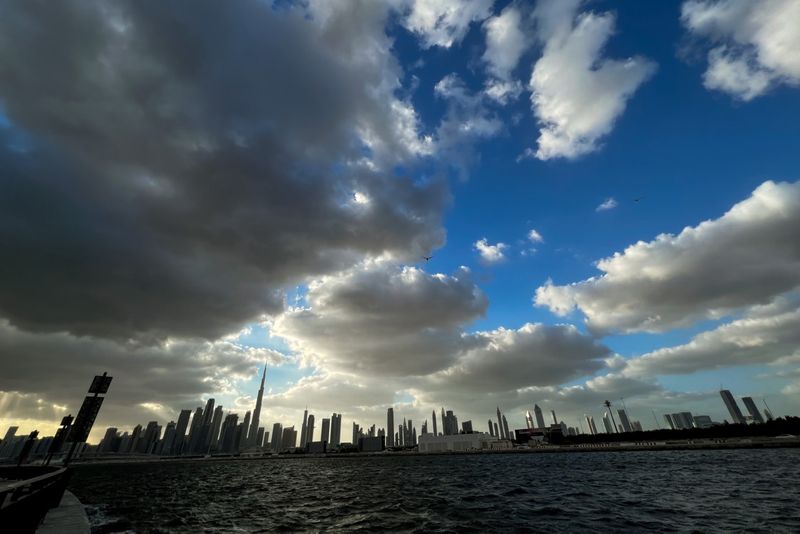
In January this year, the National Center of Meteorology (NCM) announced the winners of the fourth cycle grant of the UAE Research Program for Rain Enhancement Science (UAEREP) during a special ceremony held at the UAE Pavilion at Expo 2020 Dubai under the patronage of Sheikh Mansour bin Zayed Al Nahyan, UAE Deputy Prime Minister and Minister of Presidential Affairs.
Dr Bradley Baker received the grant for his research proposal titled ‘Rainfall enhancement in the UAE via improving the electrical features of the cloud seeding materials’. His project aims to determine if the effects of the nano-material seeding agent and electric charge generators will stimulate a secondary ice process (SIP) that may potentially lead to rain enhancement.
Dr Luca Delle Monache was awarded the grant for his research work titled ‘A Hybrid Machine Learning Framework for Enhanced Precipitation Nowcasting’. The project seeks to create an AI research and operations testbed in the UAE. The team will build a novel AI framework to blend satellite observations, ground-based weather radar data, rain gauges, and numerical weather prediction estimates.
The UAE Research Program for Rain Enhancement Science supervises research grants offered to projects that contribute to the development of innovative solutions in rain enhancement research. In its fourth cycle, the programme received a total of 81 submissions presented by 378 scientists and researchers affiliated with 159 institutions across 37 countries on five continents.
The programme offers a grant of $1.5 million (Dh5.51 million) distributed over three years for each of the research proposals in rain enhancement, with a maximum of $550,000 per year. Through its intensive outreach campaigns and external communication strategies, the programme has built connections with 1,811 researchers and scientists and 806 research institutions from 70 countries, and received 451 research proposals over its four cycles.


